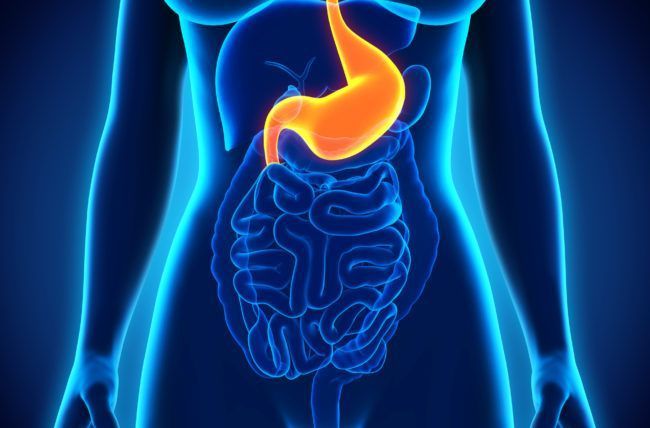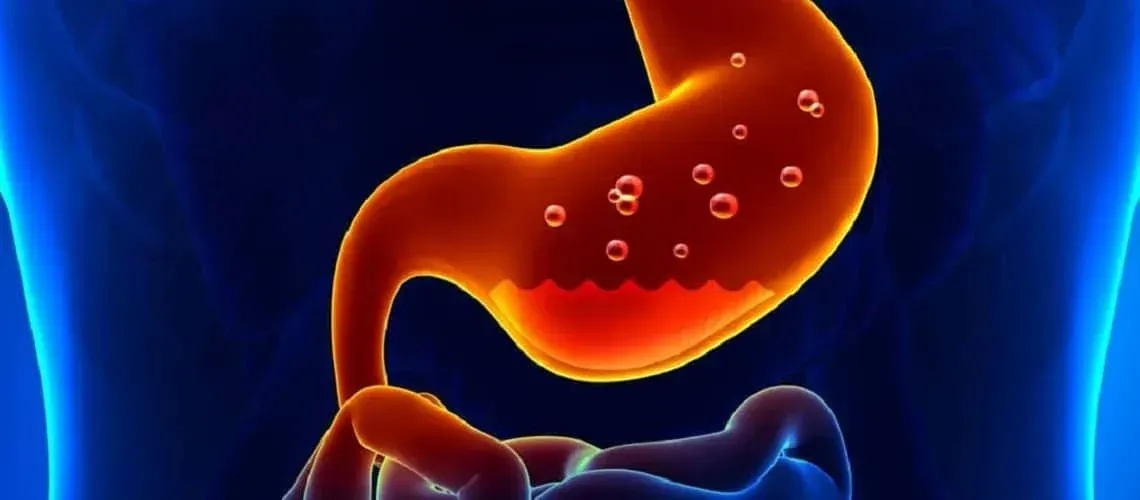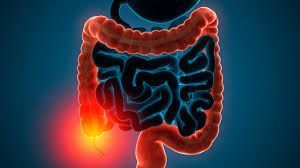Understanding GERD: A Comprehensive Guide to Gastroesophageal Reflux
Gastroesophageal reflux disease (GERD) is a common digestive disorder that affects the lower esophageal sphincter, leading to the reflux of stomach acid into the esophagus. In this article, we delve into the intricacies of GERD, exploring its symptoms, causes, and management strategies. From the perspective of Gastroenterology Clinical Research and the opportunities presented by clinical trials in San Diego, we uncover the latest advancements in GERD treatment and the importance of a tailored diet list for managing this condition effectively. Join us on a journey to understand GERD comprehensively and empower yourself with the knowledge to take control of your digestive health.
Decoding GERD: Symptoms and Causes:
GERD manifests through symptoms such as heartburn, regurgitation, chest pain, and difficulty swallowing, impacting the quality of life of affected individuals. The weakening of the lower esophageal sphincter, hiatal hernias, and lifestyle factors can contribute to the development of GERD. Understanding the symptoms and underlying causes of GERD is crucial for accurate diagnosis and effective management of this condition.
The Role of Gastroenterology Clinical Research in Advancing GERD Treatment:
Gastroenterology Clinical Research plays a pivotal role in driving innovations in GERD treatment through the exploration of novel therapies, medications, and interventions. By participating in clinical trials focused on GERD, individuals can access cutting-edge treatments, contribute to medical research, and potentially benefit from groundbreaking approaches not yet available through standard care. The insights gained from clinical research are instrumental in shaping the future of GERD management.
Clinical Trials in San Diego: Pioneering Innovations in GERD Management:
San Diego serves as a hub for pioneering clinical trials that are revolutionizing the landscape of GERD management. Through collaboration with leading experts and access to state-of-the-art technologies, clinical trials in San Diego offer individuals the opportunity to explore new treatment modalities, enhance symptom control, and improve their quality of life. Participating in clinical trials empowers patients to be at the forefront of medical advancements in GERD care.
Crafting a GERD Diet List: Foods to Embrace and Avoid:
A tailored diet plays a crucial role in managing GERD symptoms and promoting digestive health. Embracing foods that are low in acid, fat, and spice while incorporating fiber-rich options can help alleviate symptoms and reduce the frequency of reflux episodes. Avoiding trigger foods such as citrus fruits, caffeine, and fatty meals can also contribute to symptom management. By crafting a personalized GERD diet list, individuals can take proactive steps towards optimizing their dietary choices for improved GERD management.
In conclusion, understanding GERD, leveraging the insights from Gastroenterology Clinical Research, engaging in clinical trials in San Diego, and adopting a tailored diet list are essential components of a comprehensive approach to managing gastroesophageal reflux disease. By arming yourself with knowledge and exploring innovative treatment options, you can navigate the complexities of GERD effectively and work towards achieving optimal digestive health.
¡FREE LABS!
EVERY FRIDAY 8 AM - 9:30 AM
Or call us to make an appointment
No need to fast
No long waits
inmediate exam results
Lipid panel • Liver function test • Glucose levels to screen for diabetes • Body mass index • Hemoglobin measurement to rule out anemia • Blood pressure • Glycosylated hemoglobin to monitor and confirm diabetes • Electrocardiogram • Ultrasound to detect liver fibrosis • Dietetic education

BLOG








